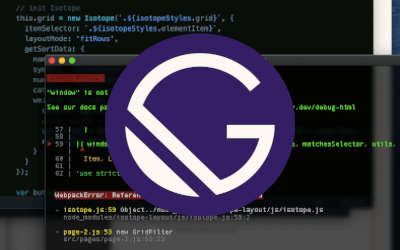“Morality is not the doctrine of how we may make ourselves happy, but how we may make ourselves worthy of happiness.”
~ Immanuel Kant

As we grow up, our parents instil their ethics in us. We learn by seeing what our parents do, and by learning what happens when we lie. Do we get away with our lie? What happens when we get caught? What did happen when we got caught? The lie would be successful if we as kids were intelligent enough to manipulate our way out of it.
I thought it was my right to have a computer when i joined Engineering, because all my friends had one. So I told my parents I desperately needed one for my computer class. And they got it for me. Needed? Yes. Desperately? No.
I also wanted a bike. But I was feeling so guilty about the computer, I didn’t lie again. I asked (didn’t say going to classes depended on it ☺), they said No. I asked couple more times. They said No. Then I decided to get it when I joined work.
Most of us have this fluid sense of morality. If the lie is not serious enough, then it’s okay to lie. Where do we draw the line on what is serious, now that’s the question you gotta ask yourself!
For the not-so-serious lies, there are always justifications. It’s our way of staying righteous while doing something wrong :)
We can always tell ourselves it didn’t cause any harm to anyone, so it’s okay!
And as we mature into young adults, our sense of right and wrong crystallises into our own moral code. What we consider “not serious enough” too gets into it, these are the exceptions to our moral code.
These exceptions are not expressed to others. We know it breaks our moral code in other’s eyes. The justification that we give ourselves doesn’t hold good for others you see. So we hide it.
When we think of moral choices at this point, most of us feel that there is only one way everyone should look at it. And that is the way we look at right and wrong. In other words, we expect the world to agree with our version of morality. And the world won’t agree to it if it can see our exceptions, because that exposes a moral ambiguity in us.
Well, this works when you don’t have to deal with anything serious. What happens when you do though?
To face the moral ambiguity in others, which you can recognise as wrong, you have to first fix your own!
I was recently faced with such an issue. It involved three of my closest friends. One with whom I’ve shared everything for close to six years now. There were bad choices that affected others and I didn’t know how to deal with it. I had to stumble through my weakened moral code to understand what was necessary. This is what I realised:
- A lie to cover your tracks so that nobody else comes to know what you did and will judge as wrong, is a moral pass you are giving yourself.
- Make a habit of justifying these lies, and you will start to justify some serious ones too.
- This is a real problem, because now you have blinders on. You can’t see patterns of moral ambiguity in others, that should trouble you. Without an objective moral framework, you will always give them the benefit of doubt and trust them.
So I decided that my justifications need to be thrown out. There can be no exceptions to the code. Only then will we be in sync with ourselves completely. And will I be at peace with myself.
Once I got this clarity, I could deal with the situation. I cut off ties with friends who made those bad choices. I was finally free of the negativity that surrounded me.
Never allow other people to rewrite your morality. 2016 almost destroyed me. But I endured. And I learnt a few things along the way.
Empathetic people like me are open to manipulation because we want to believe that a person can’t be completely corrupt. That there is always some good in everyone. This makes us look for good even when it isn’t there.
- See it for what it is. A lie meant to subvert the truth. Call it as you see it.
- Be open about what you want irrespective of what others think of you. Then there’s a hope that you will figure out your life for good.
- Don’t blindly be faithful to people.
Never change your morality to fit your friends. Choose your friends to fit your standards of morality.
Always.
Note: All images used in this post are from Unsplash!








